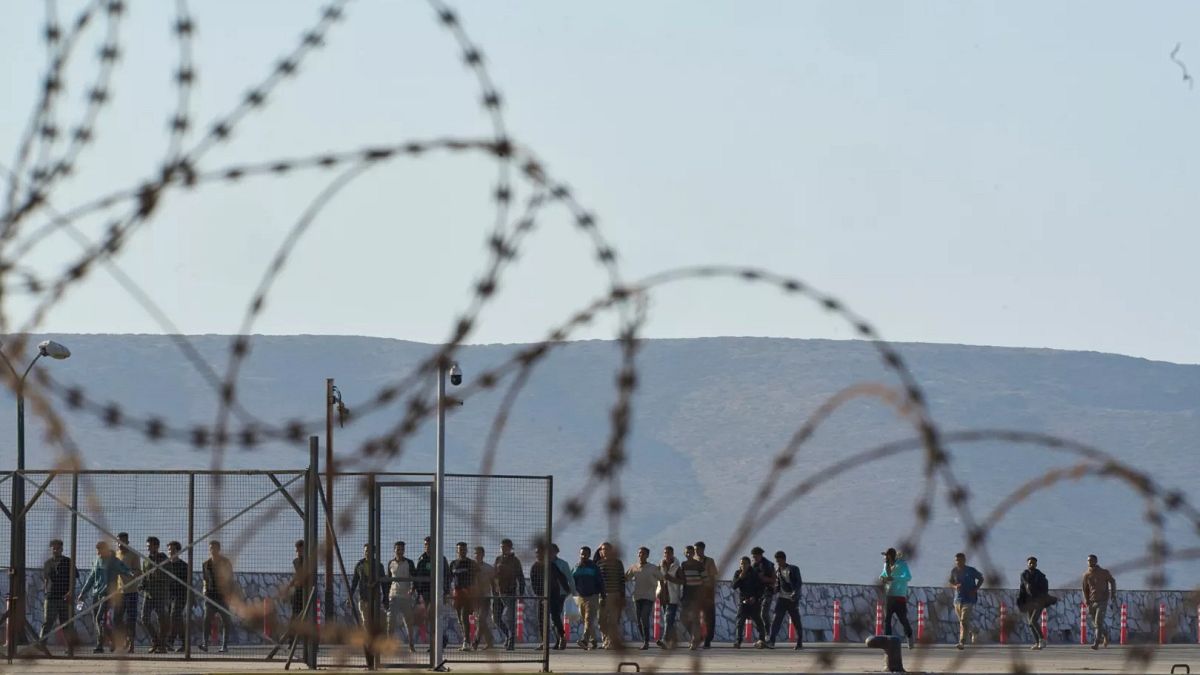

In a testament to the interconnectedness of global politics, recent discussions and developments across various regions reflect diverse challenges and opportunities for cooperative solutions. These range from address migration issues, resolving internal political stalemates, advancing state recognition, to striving for peace through dialogue.
The leaders of Italy, Turkey, and Libya have convened to address the pressing issue of migration flows to Europe. The United Nations High Commissioner for Refugees (UNHCR) reported that over 32,400 refugees and migrants made the perilous journey from Libya to Europe in 2021, a significant increase from the previous year. These discussions aim to foster collaboration and develop sustainable strategies to manage migration while ensuring humanitarian considerations are addressed.
Meanwhile, in Kosovo, political leaders are grappling with a parliamentary deadlock that has persisted for six months. The nation’s Constitutional Court faces a deadline to clarify the voting method for the election of the parliament speaker. This clarification is crucial to overcoming the current impasse, reflecting the complexities of evolving democratic systems in emerging states. Resolving this deadlock presents an opportunity for Kosovo’s political landscape to stabilize and enable the government to focus on advancing national priorities.
In a separate but equally significant political landscape, French President Emmanuel Macron has achieved a milestone with the recognition of Palestinian statehood, a historical demand of the Palestinian people. Although symbolic, the recognition offers a glimmer of hope for advancing dialogue and negotiations, emphasizing the necessity of addressing humanitarian needs in regions like the Gaza Strip. It is a step towards acknowledging and working on longstanding geopolitical issues within the international community.
Lastly, there is hope on the horizon for peace between Ukraine and Russia. Ukrainian President Volodymyr Zelenskyy has expressed readiness for direct talks with Russian President Vladimir Putin, contingent on them signaling a genuine willingness to end the ongoing conflict. These proposed dialogues come on the heels of remarks from President Putin supporting peace negotiations. Zelenskyy’s call for leader-level talks reflects a commitment to seeking a dignified resolution and establishing lasting peace. The dialogue is supported by the United States, underscoring the international community’s active role in fostering peace in the region.
Collectively, these events highlight the complexities and dynamics of international relations as nations grapple with domestic and cross-border challenges. They underscore the importance of communication, collaboration, and commitment to peaceful resolutions. As these stories unfold, they offer a vision of potential progress through dialogue and shared understanding.
Source: {link}
